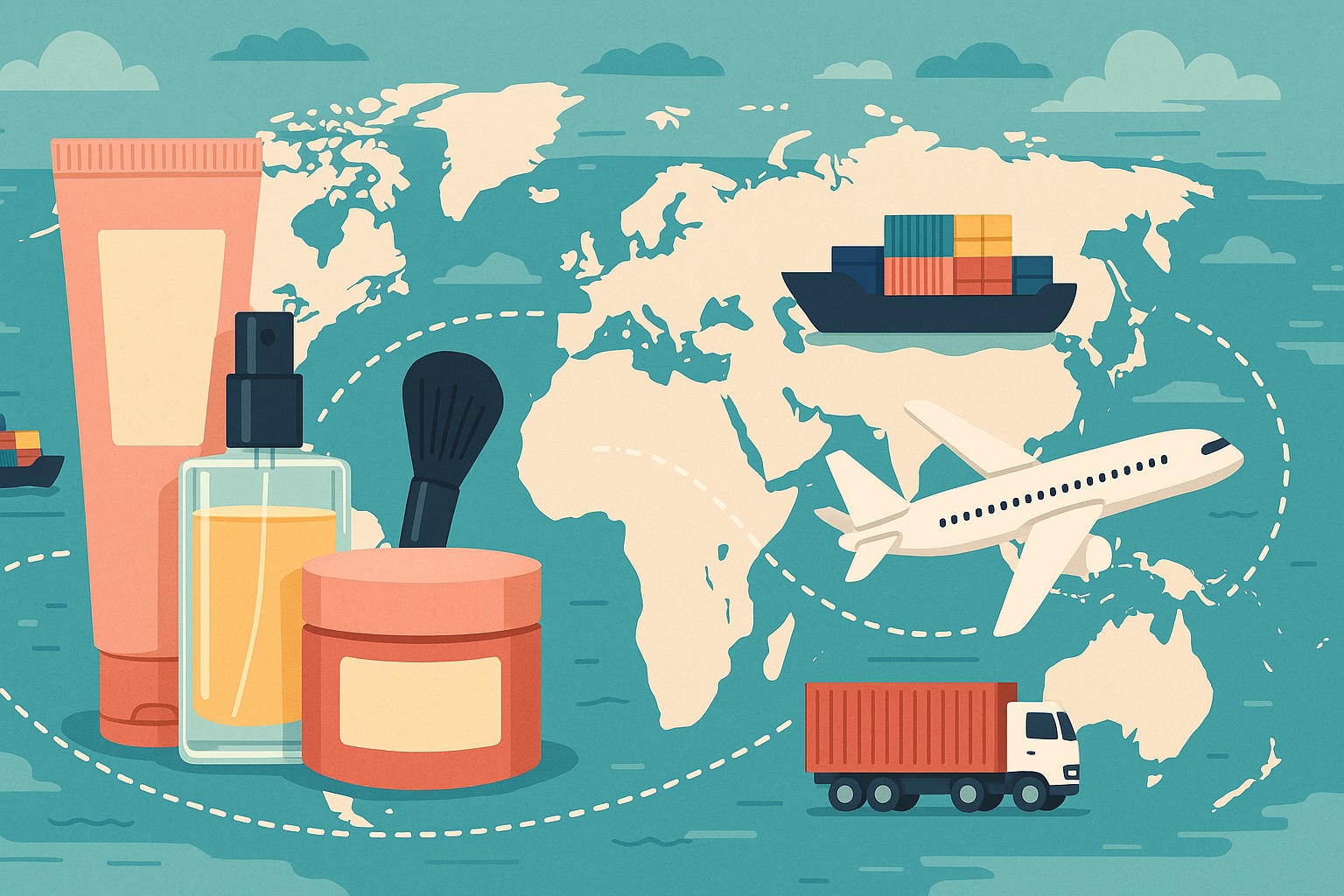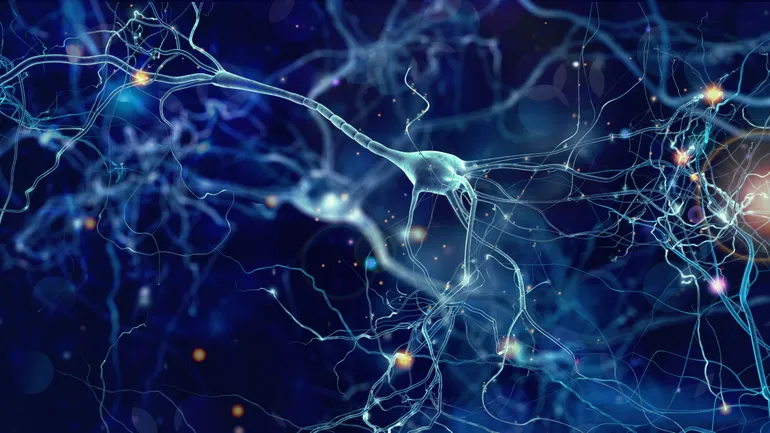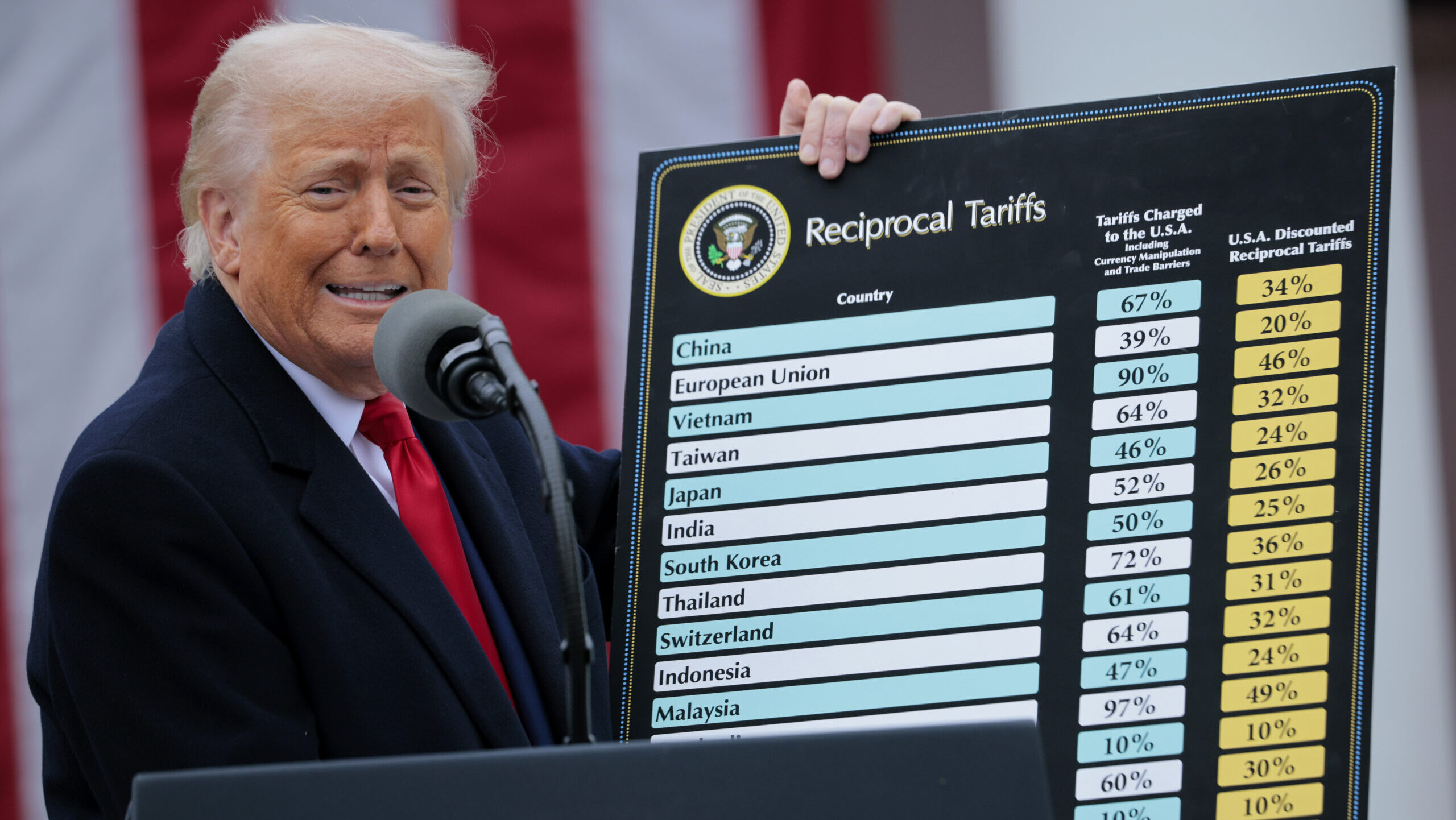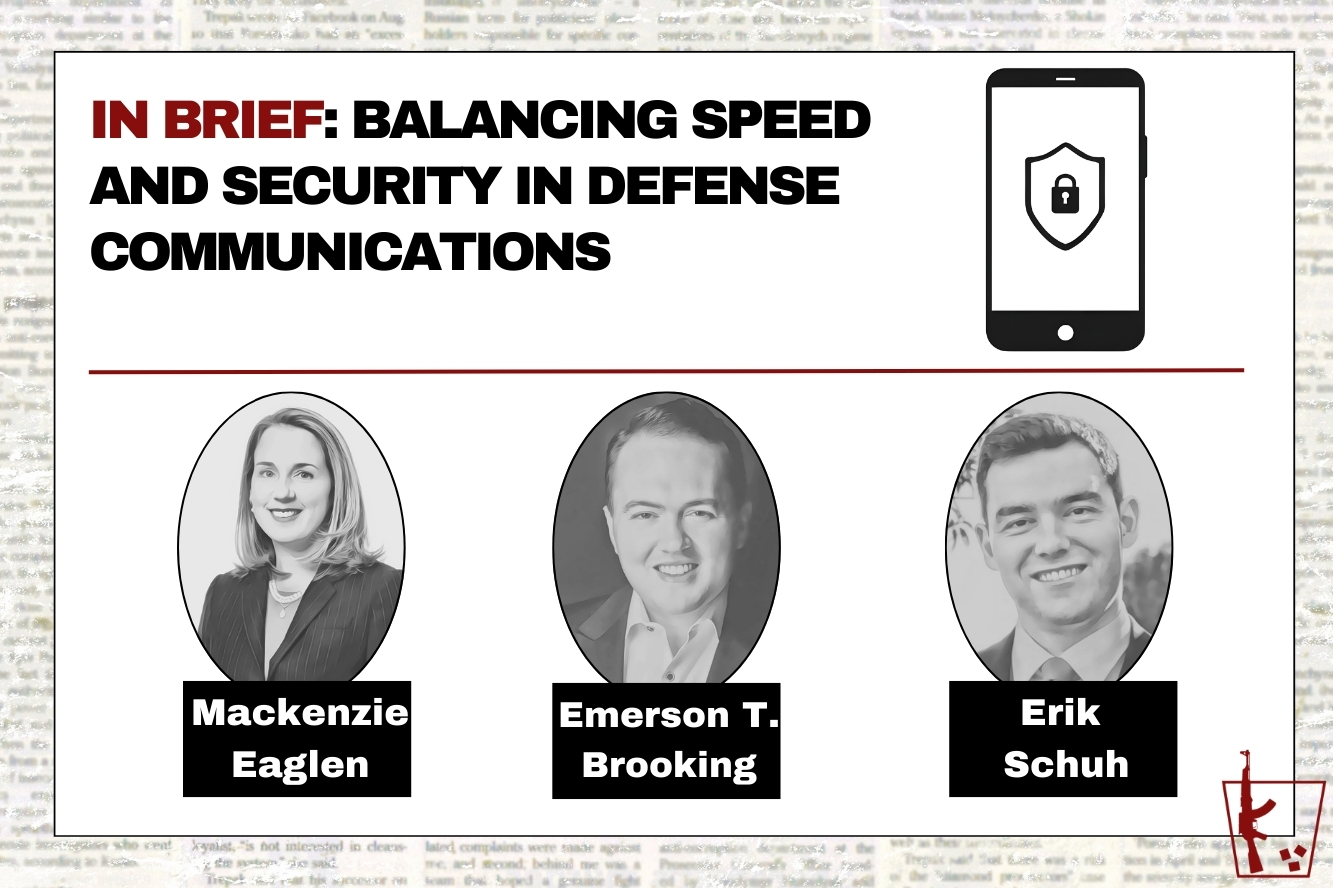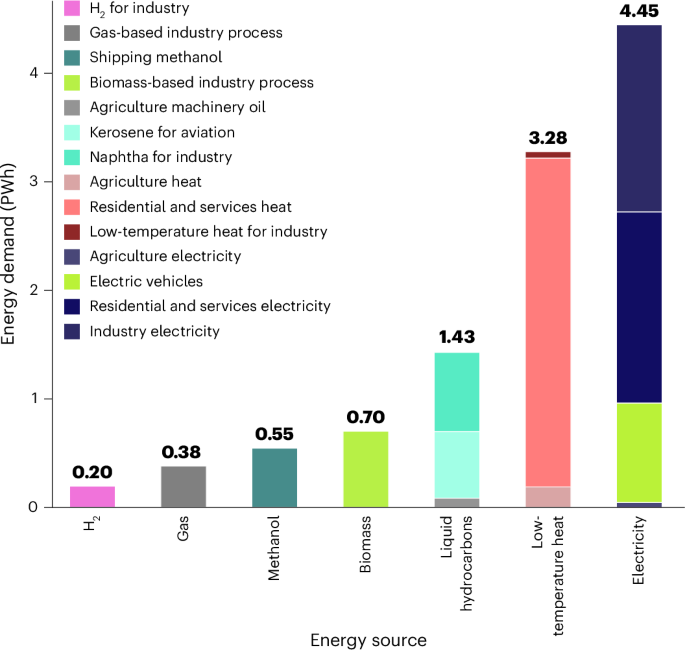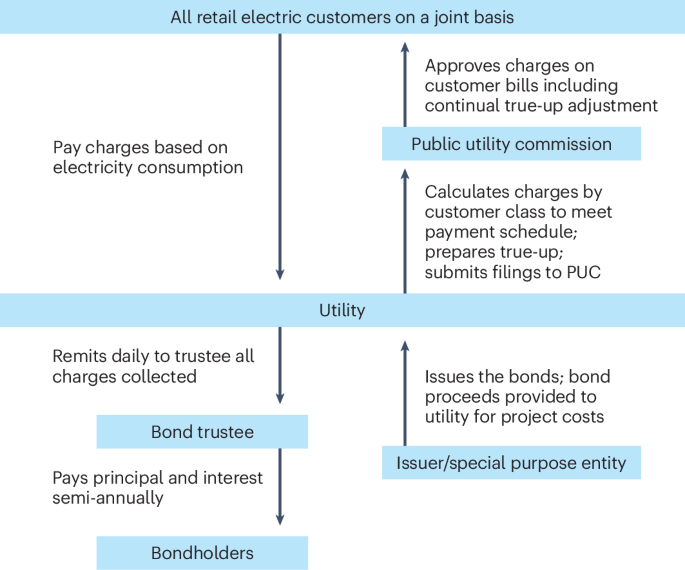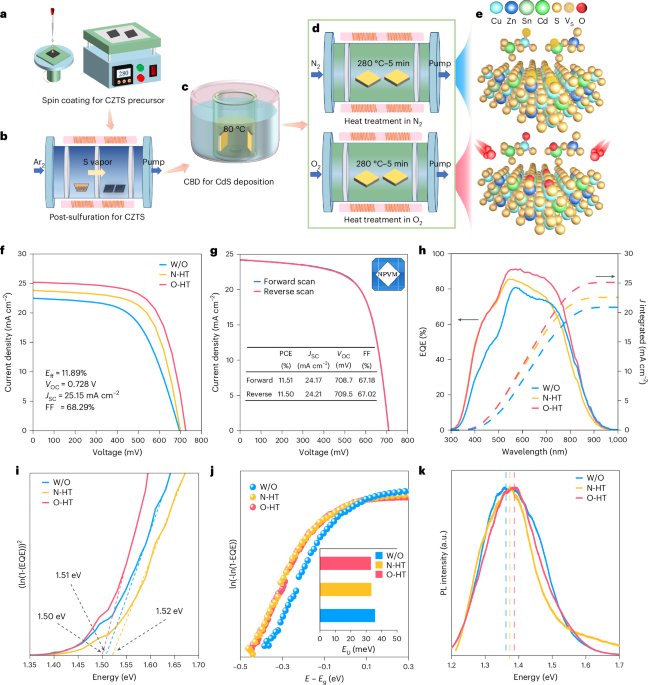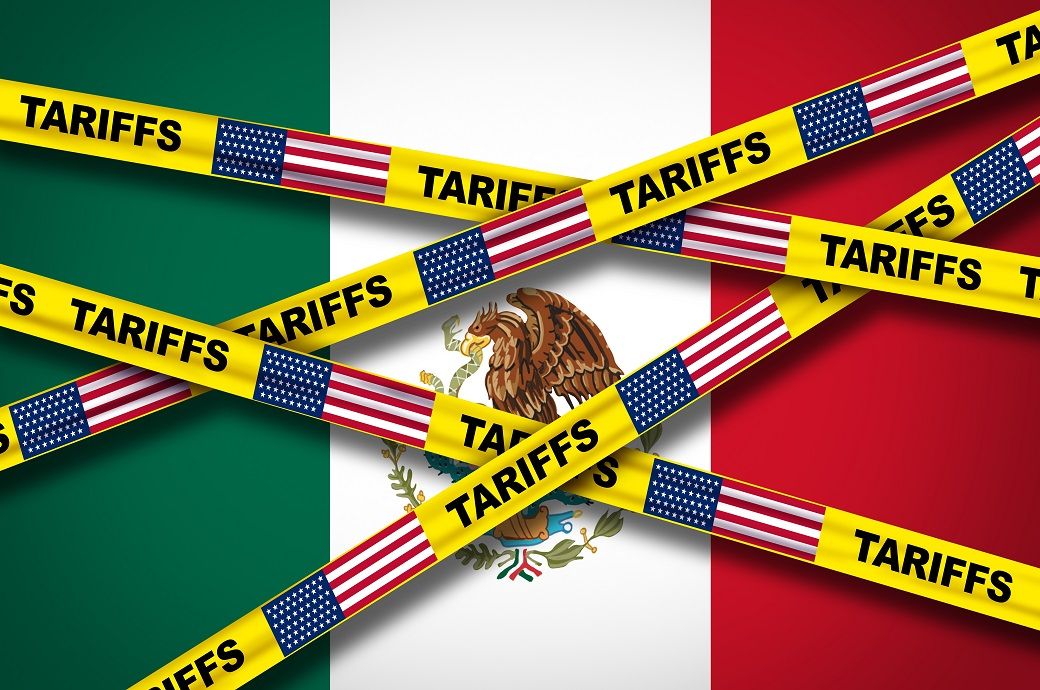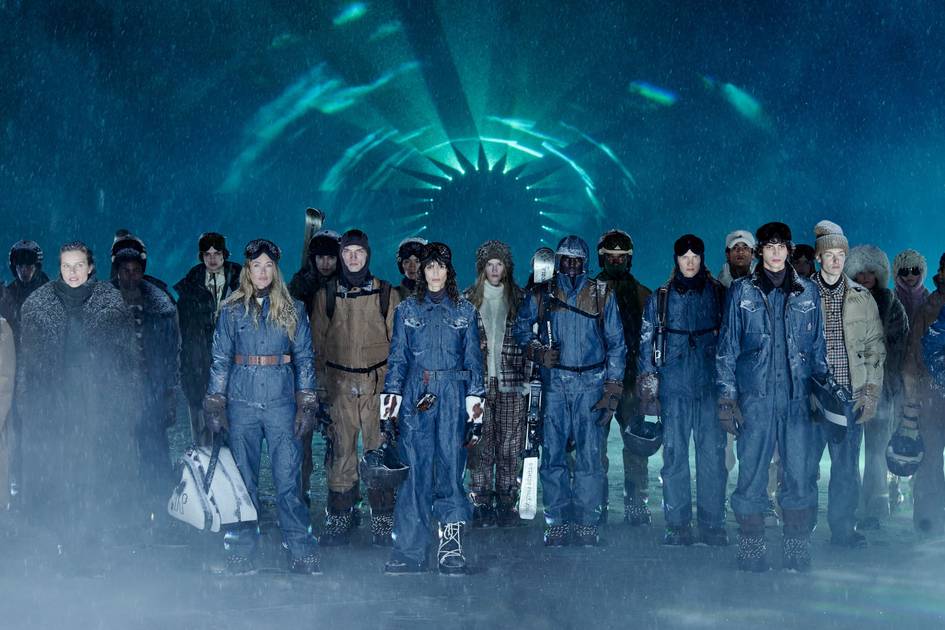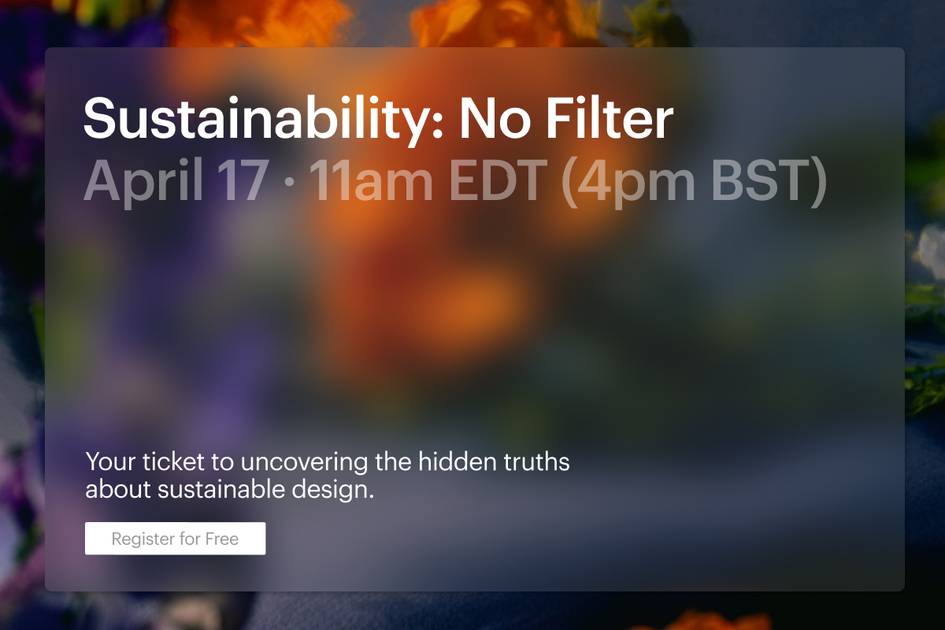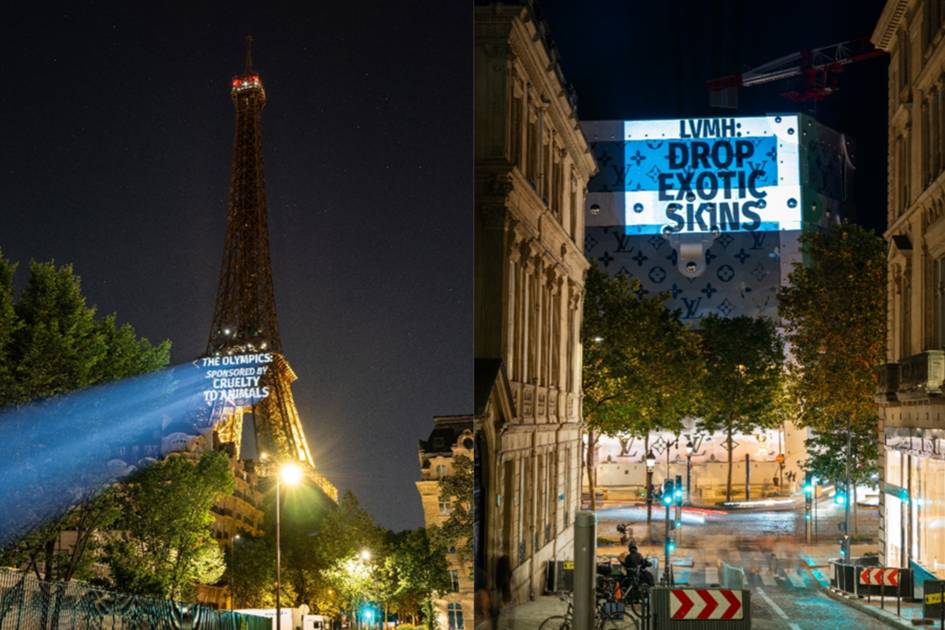Legal AI Could Bridge Access To Justice Gap… But Should It?
ABA TECHSHOW panel raises complicated issues. The post Legal AI Could Bridge Access To Justice Gap… But Should It? appeared first on Above the Law.


If someone offers a solution to the access-to-justice crisis, you generally should say yes. The legal needs of millions currently receive the attention of a handful of attorneys and beyond the profession’s long, abysmal record of meeting the needs of low-income folks, middle class families increasingly find themselves priced out of legal help. Or, just as damaging, they feel so priced out that they don’t even bother to figure out if they need legal help and just mainline existential dread over their troubles.
Since a long overdue influx of resources into legal aid is not on the DOGE agenda, the legal tech community has set its eyes on generative AI as a potential vector for delivering needed legal services. That is, if the AI is carefully and competently designed to provide accurate legal help and not a psychadelic journey to the heart of the Montreal Convention.
But what if the better the AI tool, the more dangerous it becomes?
That uneasy question lingered after this morning’s ABA TECHSHOW panel where Kara Peterson, co-founder of justice tech startup descrybe.ai and Jessica Bednarz, Director of Legal Services and the Profession at the Institute for the Advancement of the American Legal System, led a lively discussion on the promises and perils of AI in the justice gap arena.
One of the potential benefits of AI Peterson identified is “simplified and/or translated explanations of legal concepts and directions.” The first step to solving a legal problem is knowing you have a legal problem. Bednarz noted that research from 2021 revealed that most people seeking legal help went to internet search. But today, this is shifting toward GenAI as ChatGPT takes over the public imagination.
Still, Peterson pointed out that most people don’t exactly have a sixth sense for spotting “good” vs. “bad” AI advice. Given how often lawyers screw this up, calling this a challenge feels like an understatement.
If folks in need of legal help flock to big name, consumer-facing AI tools, the legal advice they get can range from hilarious to disastrous. Which is where the designers of bespoke legal tools come in. Legal professionals understand what people might actually need from an AI legal information product. An idiot man-child feeding his AI “all court cases” does not. But the next challenge is finding a way to connect these non-lawyers with the good tools. Because right now, the average person is more likely to consult HallucinabotGPT than find a tailor-made access-to-justice tool buried deep in a conference vendor list.
At a gathering of experts intended to open the conversation about this and the regulatory environment generally, Bednarz reported that the group settled on a phased approach beginning with a “soft power” campaign based in guidance, sandboxes, and spreading the message that AI is not (necessarily) the unlicensed practice of law. A full report on the group’s conclusions will be coming in a few months.
Damien Riehl of vLex took the unlicensed practice of law issue further and questioned whether these regulatory regimes amount to a case of the emperor’s new clothes. State regulators aren’t going to sue OpenAI even though ChatGPT is the one delivering shitty legal advice at scale to the have-nots. But when a specially designed legal AI tool emerges, suddenly the regulators are quick to fire off complaints.
But one questioner flagged a downside. Non-lawyers know to take Google with a grain of salt. But once an AI can posture itself as a more authoritative, legally vetted product, along with its improved accuracy and value is an imprimatur of trust that would make the impact of a mistake more pronounced.
There’s a paradox at play. Riehl describes a spectrum from no legal services to hiring counsel. Essentially along the way there’s Google, which is worse than consumer AI, which is worse than legal AI, which is worse than legal AI complemented by a human lawyer. But what if worse is better in some contexts?
If one of the most important contributions to solving access to justice is helping people realize when they have a legal problem in the first place, to what extent do better tools erroneously convince them that they have problems they can handle themselves. Maybe a clunky, obviously flawed tool is less dangerous than one that seems polished and confident (and correct… if you have the training to understand the nuance) enough to inspire false confidence.
Consider the medical profession, where arming patients with more “little bits of knowledge” spawned a population of morons convinced that they can solve measles with good nutrition because they conflate the fact that Vitamin A is a treatment for measles with the idea that it’s some kind of vaccine for measles.
More information — even on its face good information — can usher in the maelstrom of misinformation in the wrong hands.
Though the damage may already be done by the range of consumer AI products. Google gave people options to consider… AI gives them an “answer.” And the thing about consumer AI is that it’s going to ACT like it knows what it’s doing. We don’t call it Mansplaining As A Service for nothing. If the cat’s out of the bag, the only benefit of cracking down on artisanal legal AI for clients is leaving them at the mercy of the loudest, drunkest large language model at the bar.
In other words, maybe selling contact voltage detectors at Lowe’s increases the risk of ill-considered home electrical projects, but since many more folks were going to do try it anyway and I’d rather they have voltage testers when they do. Home insurance carriers agree.
All of which is to say that the ethical issues surrounding AI’s role in bridging the access to justice gap remain thorny. On balance, society is probably better off with a regulatory environment that encourages more legal-need-specific AI products than not. But developers should be mindful of the risks involved when handing legal help to non-lawyers and spend at least as much time pondering how the tech can be misapplied as they do thinking about how much it can help.
 Joe Patrice is a senior editor at Above the Law and co-host of Thinking Like A Lawyer. Feel free to email any tips, questions, or comments. Follow him on Twitter or Bluesky if you’re interested in law, politics, and a healthy dose of college sports news. Joe also serves as a Managing Director at RPN Executive Search.
Joe Patrice is a senior editor at Above the Law and co-host of Thinking Like A Lawyer. Feel free to email any tips, questions, or comments. Follow him on Twitter or Bluesky if you’re interested in law, politics, and a healthy dose of college sports news. Joe also serves as a Managing Director at RPN Executive Search.
The post Legal AI Could Bridge Access To Justice Gap… But Should It? appeared first on Above the Law.










































